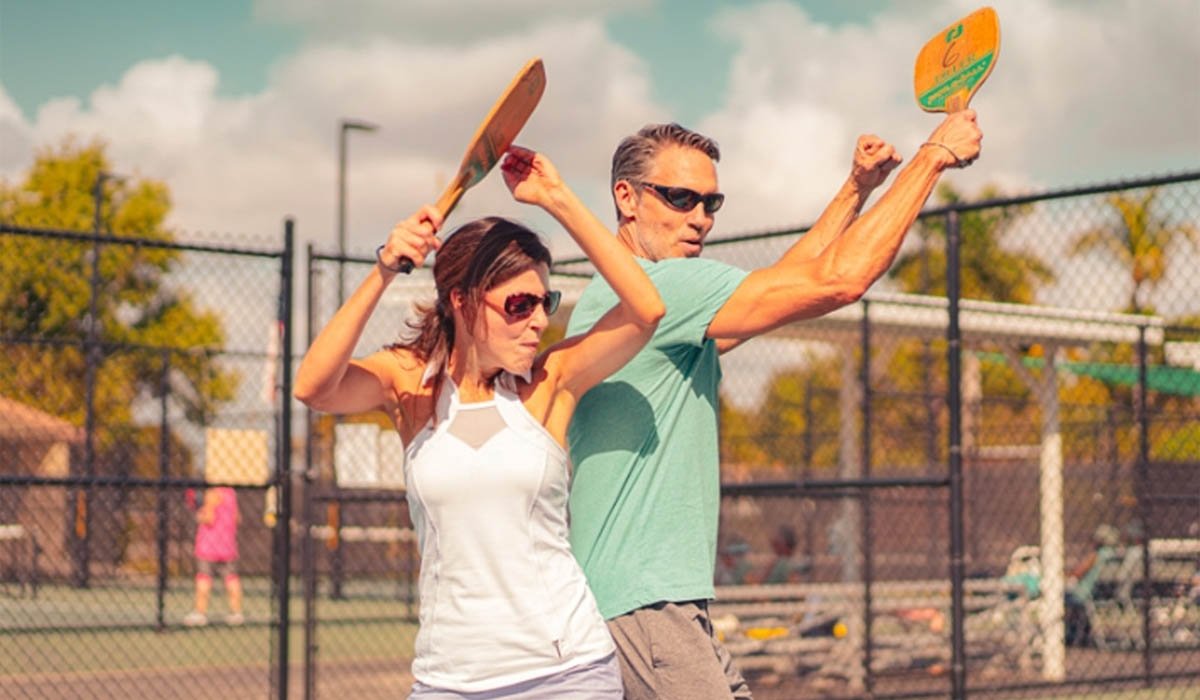David DuPree has been one of the premier sports journalists in the USA. A winner of the prestigious Gowdy Award, he is in the Naismith Basketball Hall of Fame for his writing. David is an avid pickleball player, instructor, and referee. We hope his thoughts provoke more attention to pickleball etiquette.
By David DuPree
The reputation you have as a pickleball player is defined by much more than how well you hit the ball or how often you win. It has just as much to do with how you act on the court. That reputation will follow you from court to court, game to game, partner to partner, and you don’t want to become that person who nobody wants to play with — or against — regardless of how good a player you might be.
This is the first of a four-part primer to help you get on and stay on the right path to becoming the ideal pickleball partner as well as opponent:
Don’t be the player who insists on teaming with the best player to give himself the best chance of winning. Most people try to be polite and want to play and have fun, so they usually go along with that team-stacking ploy. But they probably don’t like it. If you are considered the best player in your foursome and regularly play at venues where partners change from game to game, you should probably partner with the weakest player in the group. But don’t do it condescendingly. Just say something like, “Why don’t we play together. I think we’ll have fun.”
If two players are better than the other two in a recreational game, they should team up to decide who will play with whom and what shots to hit toward the weaker players. That way, everyone is assured of having a fun time. If you see your opponents can’t handle spin, for instance, give them a break and don’t spin the ball as much as you might normally. The better players can also use these games as a chance to work on their third shot drops or midcourt play, their backhand down-the-line, and other areas where they feel they can improve. Don’t be afraid to practice within the game.
Here’s an example of what I consider to be bullying on the court: One day, a player on the opposing team hit the ball near me that missed the sideline. Before I had time to say anything, the other opponent yelled “Nice shot!” and tapped paddles with his partner.
No, it wasn’t a nice shot! It was out of bounds, but that person was, in essence, daring me to call it out. He was trying to intimidate me into agreeing with him. Maybe it wasn’t on purpose, but it was a form of intimidation. I said, “The ball was out, and you making calls on my side before I even have time to make the call is not cool. It’s my call, let me make it.”
I have no problem with an opponent expressing an opinion about one of my calls, because I have missed calls before, but I do have a problem with them making the call for me.
Many players in a similar situation don’t feel comfortable standing up to someone like that, so they acquiesce. Stand up for yourself, and if your partner is truly supportive, they’ll back you up. Don’t let yourself be bullied, and don’t be the bully.










